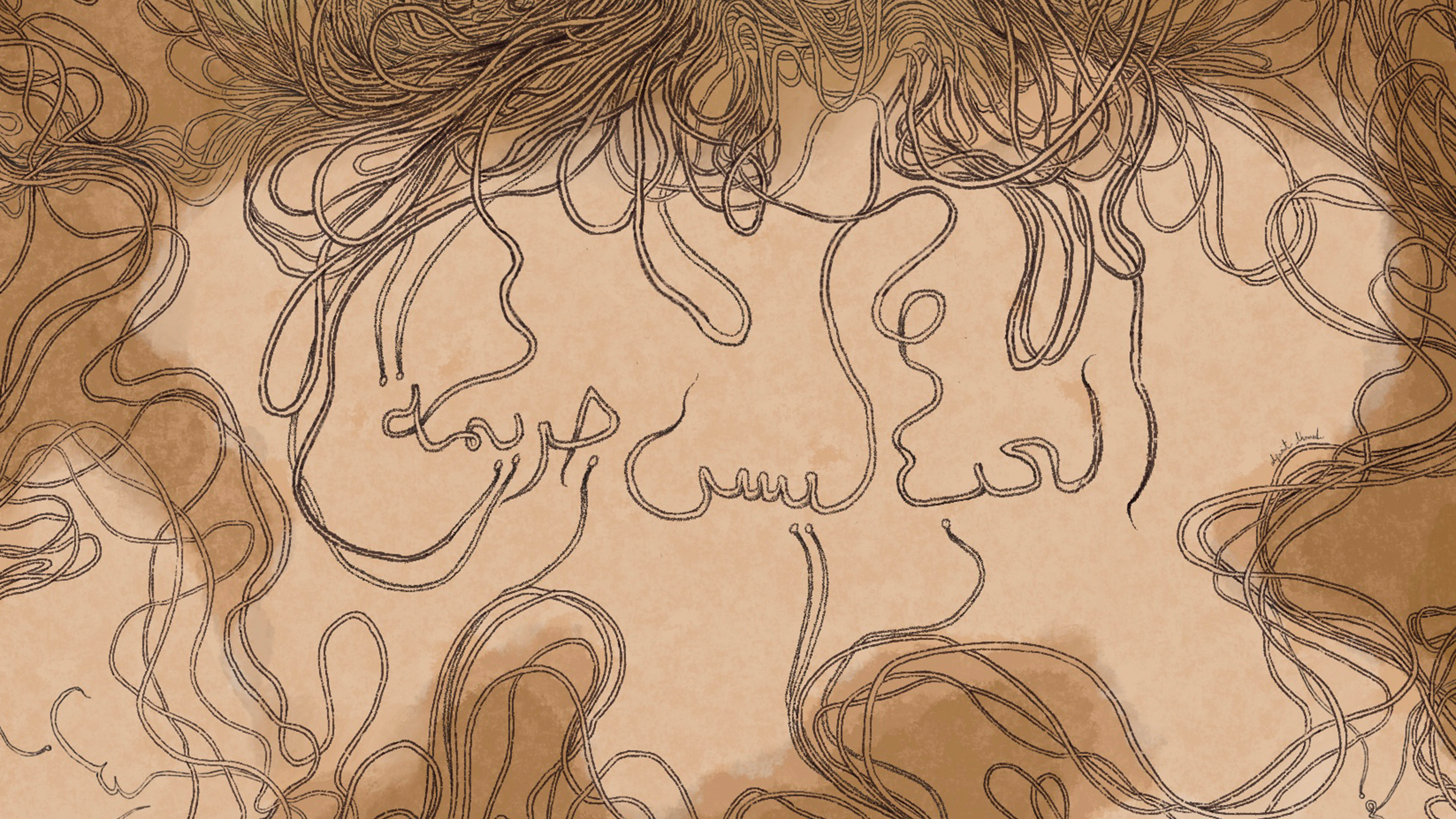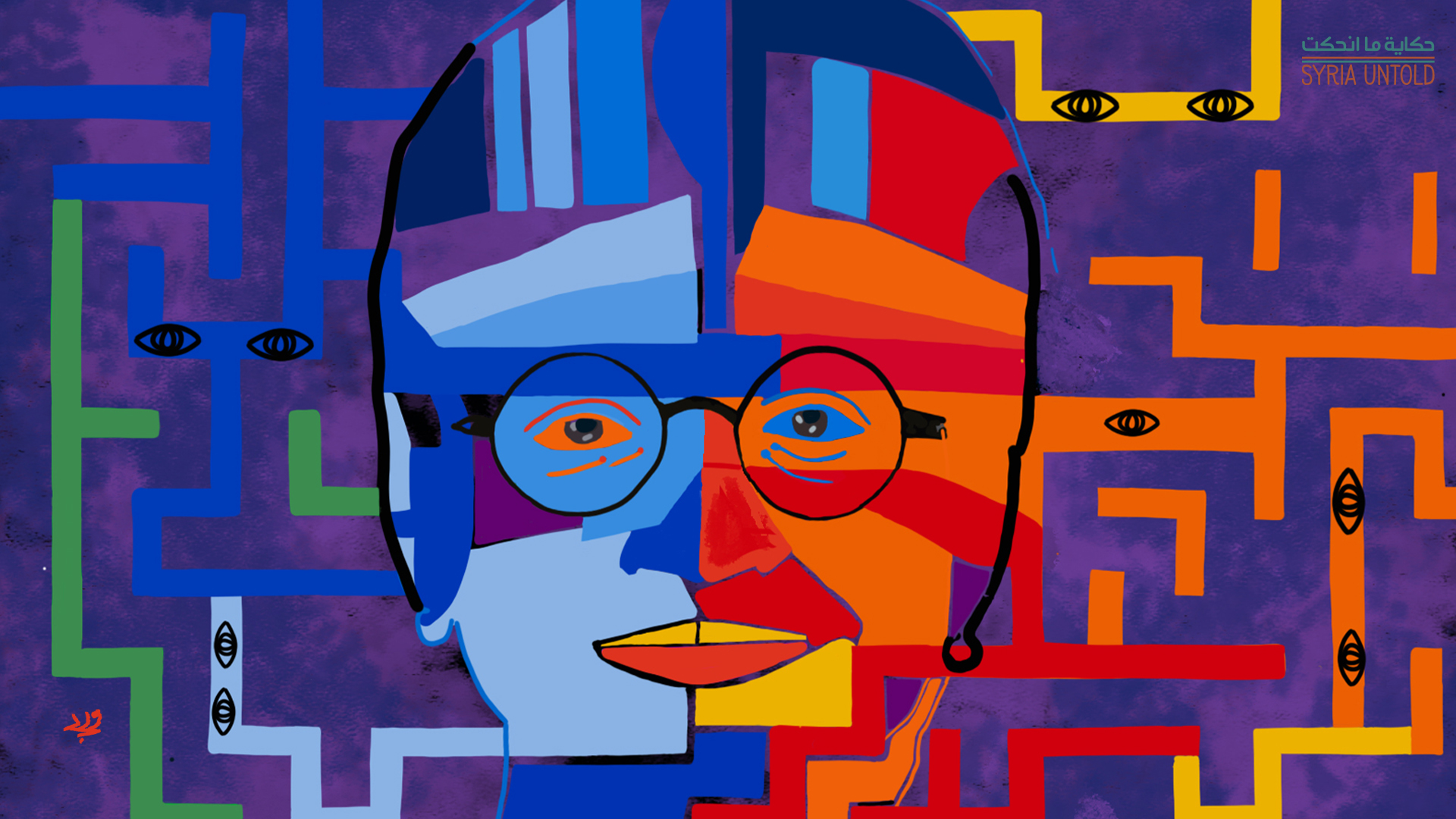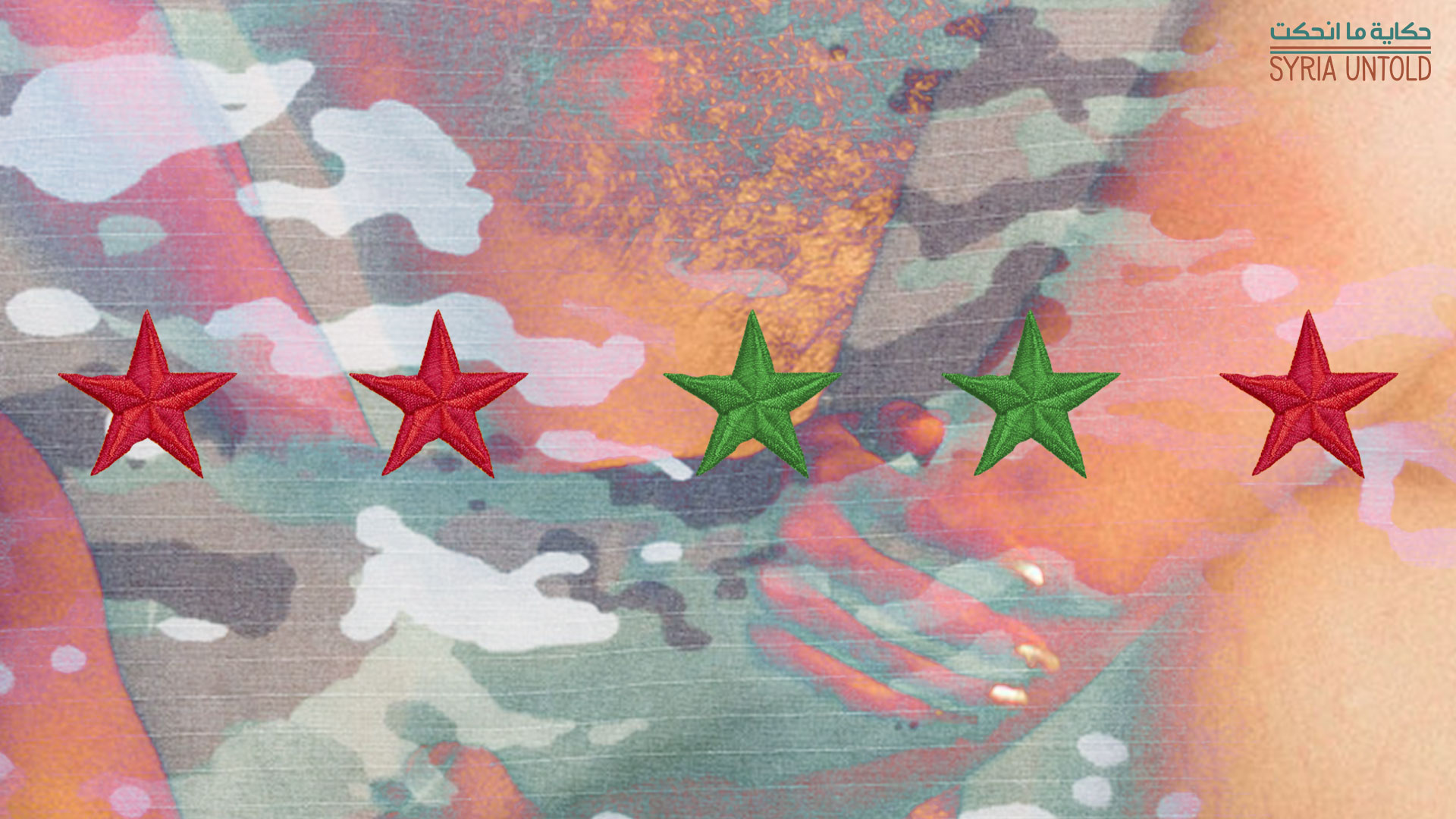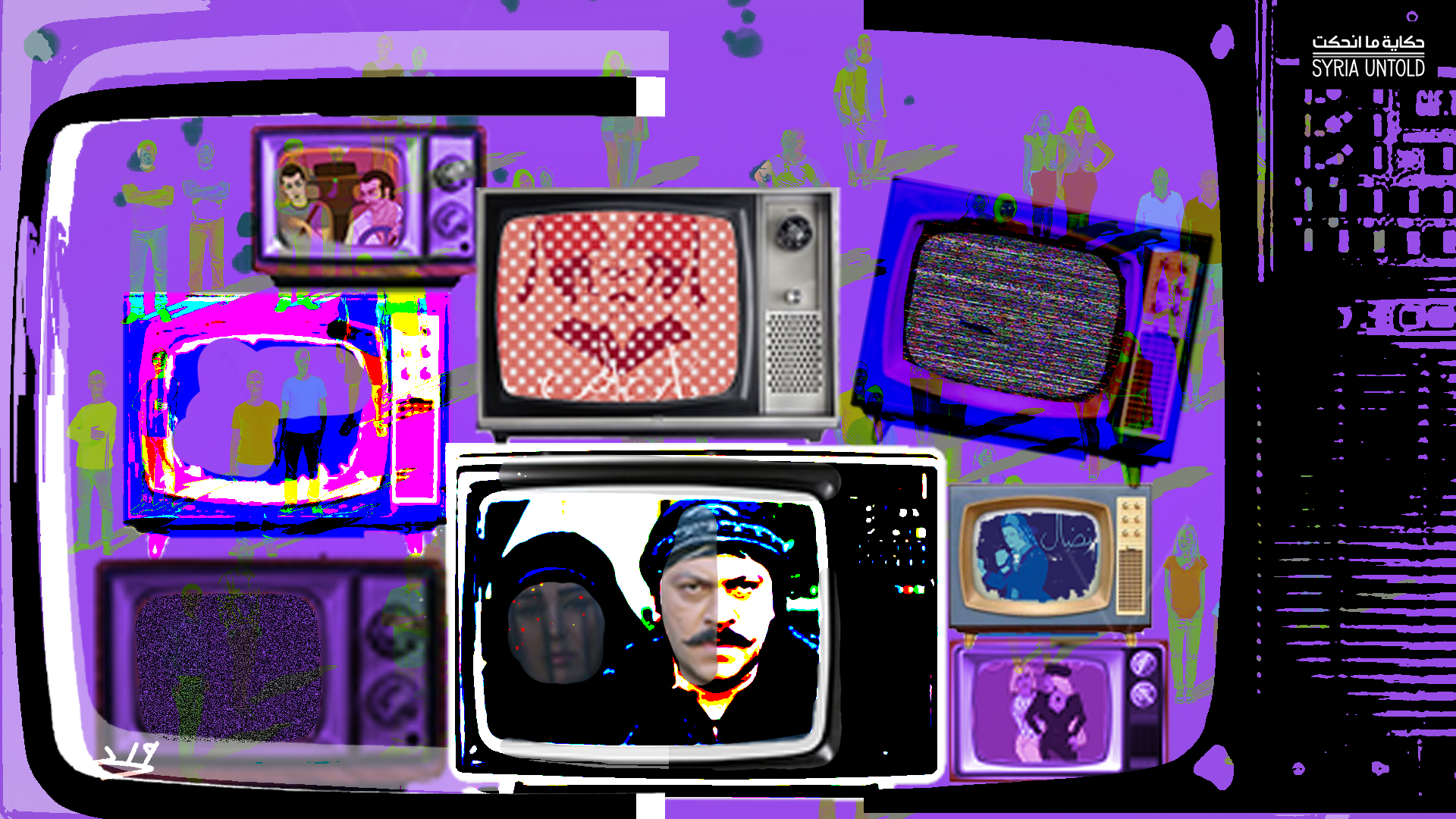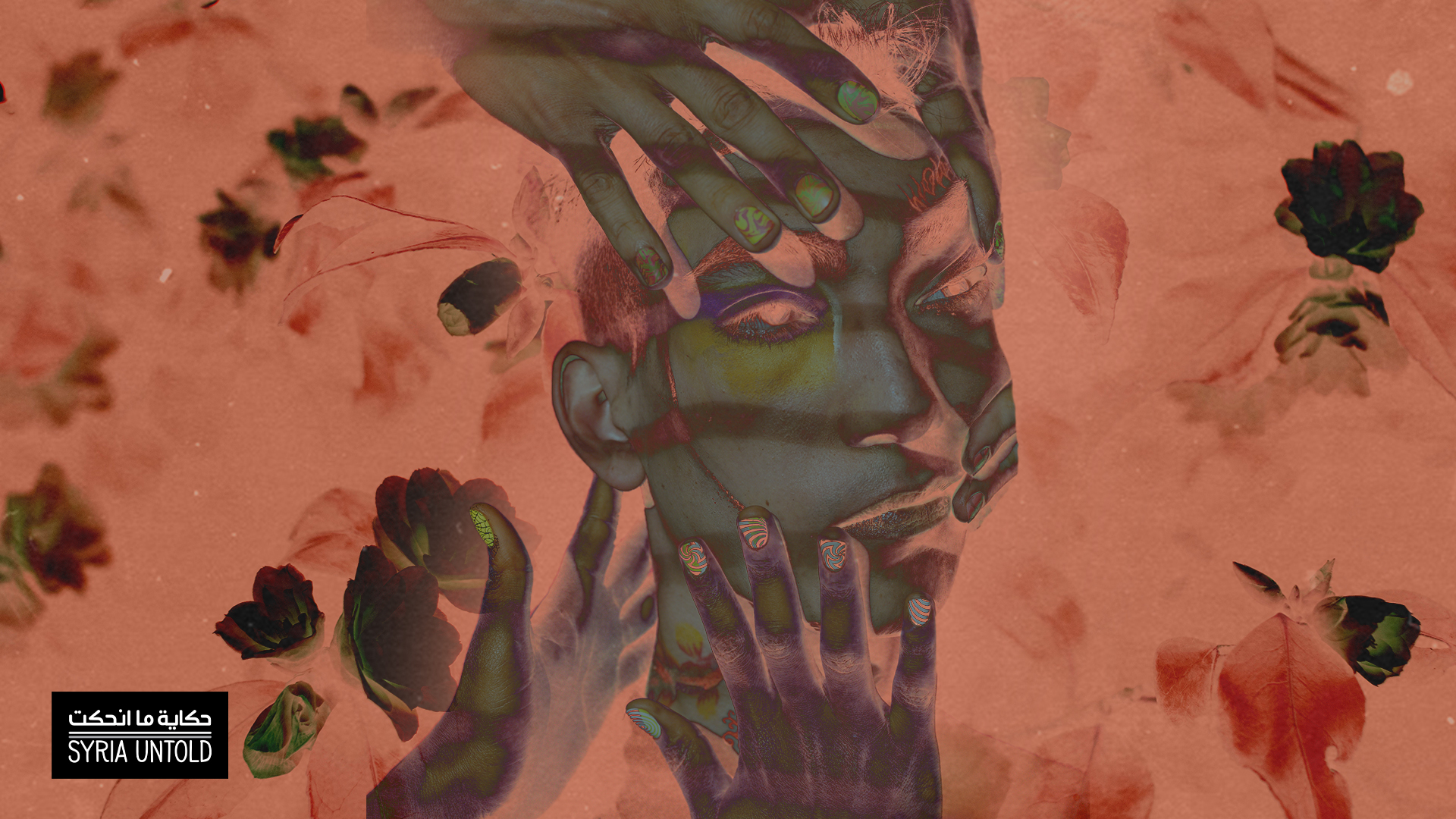While none of the various gender identities in Damascus has the freedom to express their sexual orientation openly, the LGBTQ+ community faces challenges related to both sexual orientation and gender identity. However, the nature and context of these challenges can differ based on social gender roles and societal expectations.
Lesbians and trans men tend to experience more social acceptance compared to gay men and trans women. Nevertheless, they face significant stereotyping and bias as women, which limits their ability to live their relationships as they wish. Masculinity is often associated with desirable traits in Syrian society, so lesbians are often met with more tolerance, being seen as "tomboys." In contrast, the most violent forms of misogyny are directed at gay men and trans women, degrading their social standing.
Like Me, Like You
Lesbians often face discrimination based on their gender, with gender bias playing a significant role in the challenges they encounter. This includes issues like the sexualization of lesbian relationships and the devaluation of women's relationships in a patriarchal society, which does not consider female-female relationships as "real" sex, as they lack penile penetration and the associated risk of losing the so-called virginity. Discrimination against gay men, on the other hand, tends to focus primarily on their sexual orientation, without the added layer of gender-based discrimination. However, they face more intense homophobia and transphobia, especially in contexts where traditional masculinity is highly valued.
Women gain a degree of social elevation by adopting behaviors stereotypically associated with masculinity, often being referred to as “brothers” or “one of the guys,” and they are more trusted to perform various tasks typically assigned to men. Conversely, men are seen as losing status when they adopt behaviors associated with women, whether through gender transition or being perceived as the receptive partner in sexual relationships.
From a religious standpoint, society views lesbianism with less severity, largely because Quranic texts focus more explicitly on male same-sex relations (sodomy) and condemn them directly, without addressing female same-sex relationships with the same clarity. For all these reasons, lesbians tend to experience greater self-acceptance and societal tolerance compared to gay men, allowing them to find more effective means of psychological reconciliation, even though their relationships are usually lived in secrecy.
Erasure and Objectification
Lesbian relationships may be overlooked or ignored due to societal expectations of women’s supposed “purity” or stereotypical ideas about female friendships. These friendships, which may involve sharing self-care practices or experiencing menstrual cycles together, can lead to a form of intimacy that is socially acceptable. This contributes to the erasure of lesbians, where their identities and relationships are either erased or not taken seriously.
Lesbians in Damascus and its suburbs recount stories of accompanying their girlfriends to their weddings, forced to ignore what they once had.
Some men in Damascus report not perceiving women’s relationships as threatening and do not view their female partners engaging in a sexual relationship with another woman as infidelity. Instead, their reactions range from seeing these relationships as a moral failing to finding them arousing. Gay male relationships, by contrast, tend to be more visible and are more often recognized as romantic or sexual, which can lead to more overt forms of discrimination and violence against them.
Damascene society often associates male homosexuality with sexual promiscuity, AIDS, sadism, and masochism. In contrast, women’s sexual preferences often go unnoticed, with their "tomboyish" behavior seen as mere youthful rebellion, something that can be “fixed” with makeup and lacy lingerie. Sometimes, this behavior is hidden under the guise of a love for sports, which avoids blame or criticism. Women’s sexuality is often considered playful or a performance to attract men, and it is not even regarded as legitimate sex—especially in some pornographic depictions—further devaluing their relationships, which are already difficult to form in the first place.
Narrow spaces
Lesbians find it challenging to locate supportive communities, as women in Damascus are more reserved than men regarding their relationships. They tend to be secretive out of necessity or habit, and when they do break their silence, they often encounter fears of being labeled as predatory or face extreme modesty from others, who go so far as to hide their bodies in front of them. It is as if women seeking female partners are blamed by other women for their attraction to them rather than men.
Lesbians frequently find themselves treated as an "experiment" by other women, who do not take female same-sex relationships seriously. This stems from societal expectations that push women to think of marriage and childbirth as the inevitable conclusion to their romantic lives, a reality that is neither available nor even acknowledged in Syria. Lesbians in Damascus and its suburbs recount stories of accompanying their girlfriends to their weddings, forced to ignore what they once had.
Sarah Hegazi in Syria
20 October 2020
Gay men generally have more stable and extensive social networks, but these tend to be exclusive and often exclude other groups within the LGBTQ+ community. While men enjoy greater privacy and privileges simply for being male—such as the freedom to go out more easily or have a private room (in many Damascene communities, particularly in rural Damascus, boys are often given their own room, while sisters are crowded into shared rooms, justified by the "morning arousal" of males and the perceived need for greater privacy) —and access to public and sports spaces, which are predominantly male environments, gay men face greater repression as a result. This is due to their deeper and more open interactions with society, from casual conversations with taxi drivers to advice from religious figures.
They are frequently subjected to comments urging them to conform to standard masculine appearances, whereas women’s loose, practical clothing and their avoidance of revealing or accentuating their bodies is often praised.
Safety and Possibilities
Lesbians face significant issues regarding their health, as they are unable to undergo gender-affirming surgeries or hormone therapy according to their desires. Their needs are often ignored by gynecologists, and healthcare providers may not hesitate to make derogatory comments towards them.
At the same time, men experience a similar reality, but the possibility of finding doctors who can perform elective gender-affirming surgeries to transition to femininity, although rare, does exist. Meanwhile, lesbians and trans men are left waiting for a way that would allow them to travel and consider such transitions.
Expressing sexual activity openly seems similar to expressing political or secular activism; freedom remains a closed space for theorizing and experimenting for Syrians.
Corrective rape or harassment is a form of targeted violence directed against many lesbians in Damascus and its suburbs. While society may welcome behavior deemed masculine in public spaces, the acknowledgment of same-sex sexual activity can be provocative in certain contexts, often treated as a trigger for harassment rather than a legitimate orientation, with the focus shifted to the sexual activity itself as a motive for harassment. Gay men are subjected to higher rates of hate crimes or sexual exploitation due to their visible presence or open expression of their orientation, while lesbians tend to occupy closed women’s communities, which are often safer for them.
Intersections
It seems that the intersection of sexual orientation with gender costs gay men certain privileges, often related to adherence to traditional masculine appearance and behavior, while pushing lesbians to conform to standards that limit their lives entirely. At the same time, it creates limitations and lower expectations for lesbians, allowing them to exploit private spaces and live a secret life more easily, which enables them to survive in a city like Damascus with minimal harm. Meanwhile, the comfort of men in public spaces does not seem to benefit those with same-sex attractions much; rather, it may lead to more violent acts of hatred and greater exploitation.
It does not appear that coming out is accessible even to heterosexual individuals anytime soon, despite the increasing visibility and awareness of the LGBTQ+ community and sexual freedoms. However, expressing sexual activity openly seems similar to expressing political or secular activism; freedom remains a closed space for theorizing and experimenting for Syrians.


